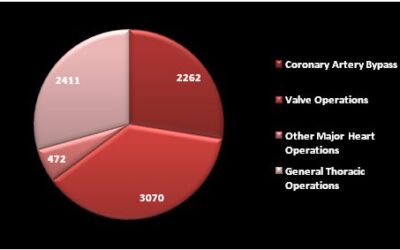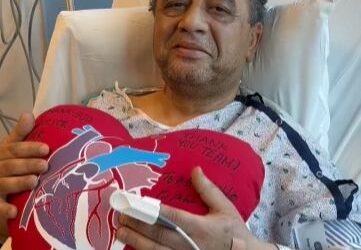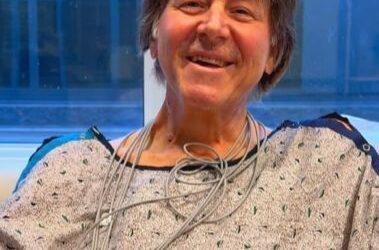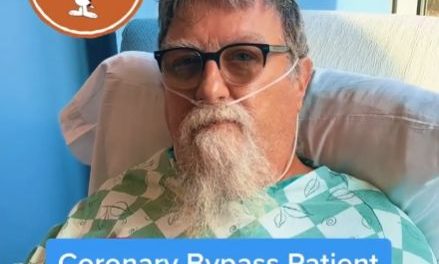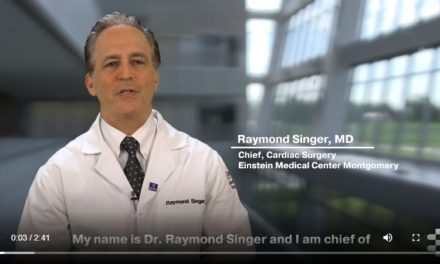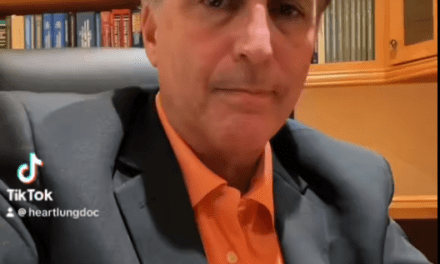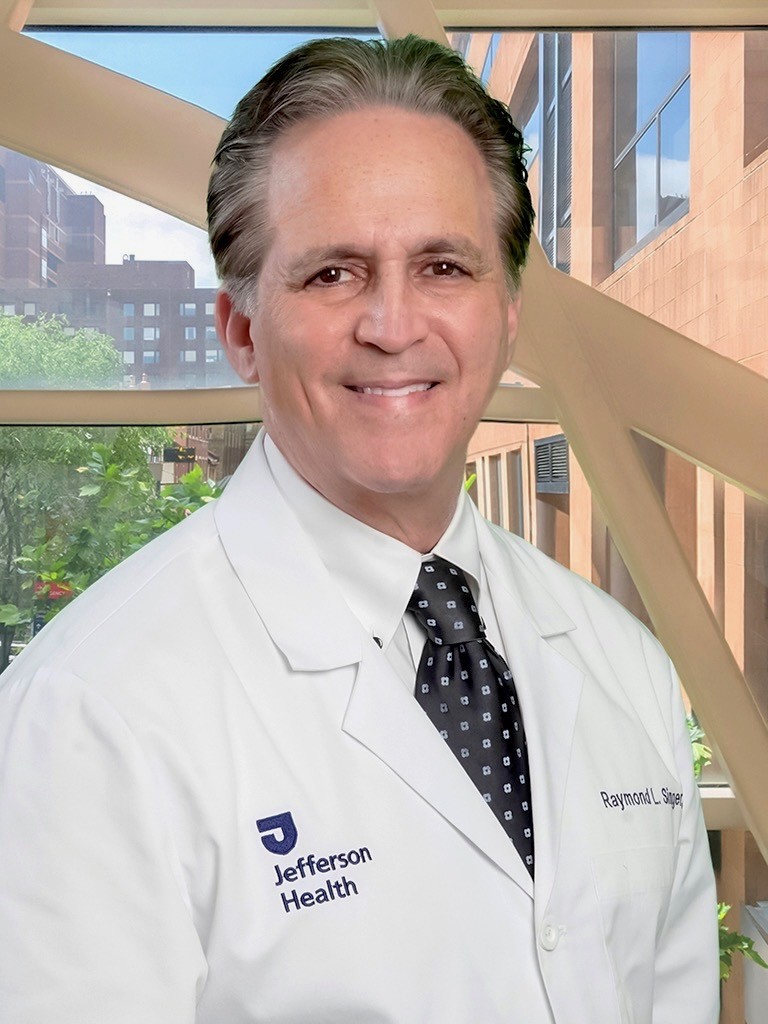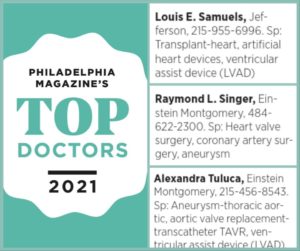Patients who need cardiac surgery have become increasingly more complex and an increasing proportion of them require reoperative cardiac surgery. Surgical techniques have significantly improved, with recent studies showing that patients can undergo a second heart surgery without the concern of having a significant increased morbidity or mortality risk.
Some of the many improvements include standardization of preoperative studies, checklists and “the huddle,” standardized techniques for opening a “redo” chest incision, better instruments for dissection of the scar tissue around the heart, along with advances in inotropic agents, blood conservation, and mechanical support.
With permission from the patient to post, this 68-year-old man underwent a redo-aortic valve replacement only 8 weeks ago. His previous operation was an aortic valve replacement, mitral valve repair, and tricuspid valve repair. His repaired valves were still fine but the biologic prosthetic aortic valve had prematurely deteriorated, requiring him to undergo a redo-heart surgery just 4 years later.
He describes in this video how his experience of now recovering from a second heart operation was as quick, or quicker, than his first operation. In fact, many patients tell us that their second operation wasn’t as bad, in part because they knew what to expect and also because of what they have experienced in terms of the advances in heart surgery and perioperative care. Thank you Andrew for sharing your experience!
Click here to read the first part of Anthony’s journey!
Recent Posts
When is the Best Time to Exercise?
This video talks about the advantages of exercising in the morning. Morning workouts release endorphins and improve blood flow, helping you to feel more energized and mentally sharp throughout your day. There are fewer distractions in the morning and it makes it...
May is Mental Health Awareness Month
Let’s take this opportunity to reflect on something essential, yet often overlooked in professional environments: our mental well-being. In a world that values productivity and performance, it’s easy to forget that behind every deadline, meeting, or project is a human...
10 Jefferson Hospitals Earn an “A” Safety Grade
We are incredibly proud to announce that 10 Jefferson Health hospitals have received an "A" Hospital Safety Grade from The Leapfrog Group for Spring 2025. This recognition underscores our commitment to improve patient lives and prioritize their safety across our...
Patient Outcomes – May 1, 2025
Nothing can be more important than knowing the experience level of your surgeon. Generally speaking, the more you do something, the better you become! Since entering practice in 1992, I have performed over 8,215 major heart and lung operations and numerous minor...
Day #5 After CABG Surgery
With the patient’s permission, this video discusses the post-operative journey of an individual who underwent urgent/emergent conventional sternotomy, triple-vessel coronary artery bypass graft (CABG) surgery, after developing severe chest pain with ECG changes during...
Left Thoracotomy for Complex Mitral Valve Replacement
This is a unique case of a 64-year-old man who had a history of Hodgkins disease with mantle radiation to his chest. I had performed a surgical aortic valve replacement 10 years prior with a biological valve that is still working well. The patient now presented with...
Featured
Pages
- Learn about heart valves. Heart Valves
- Read testimonials. Testimonials
- Did you know I have a consulting firm? Singer Heart/Lung Consulting
- Check out my TedTalk! Defining Success
Links
- Links page with more information about your heart. Links
- Dr. Adam Pick's Site: heart-valve-surgery.com




